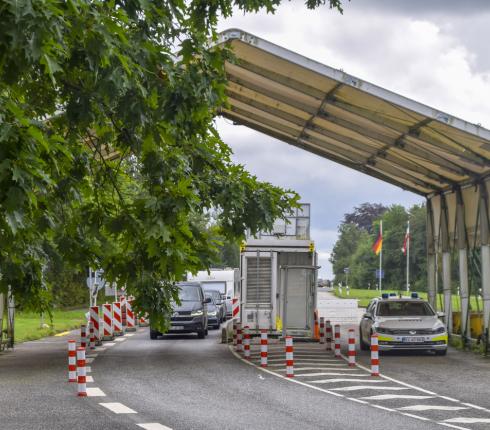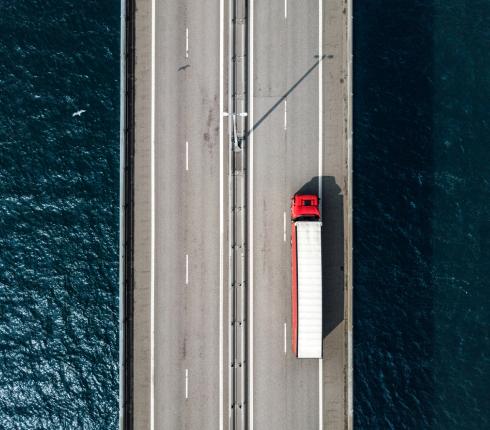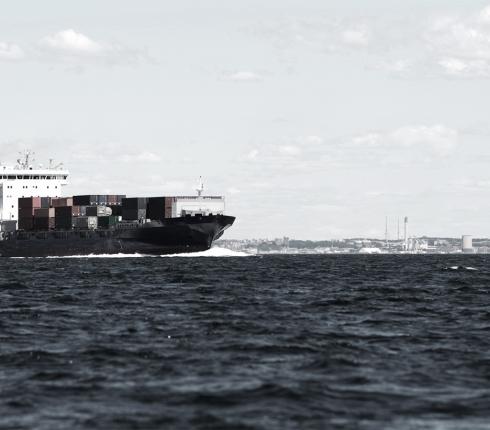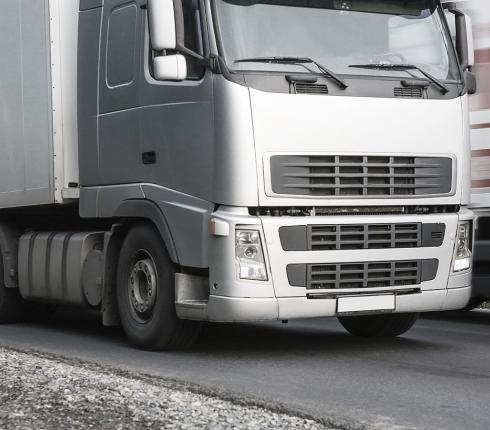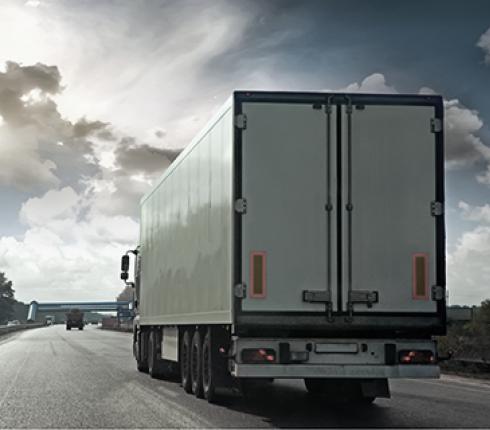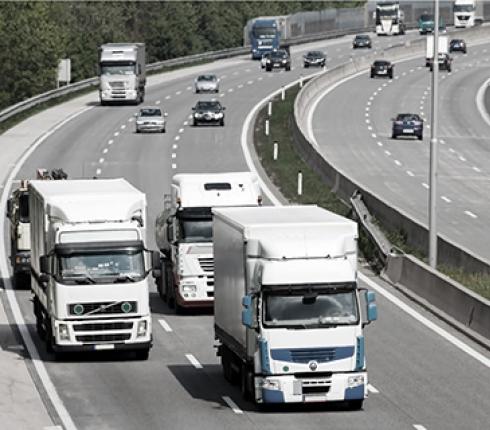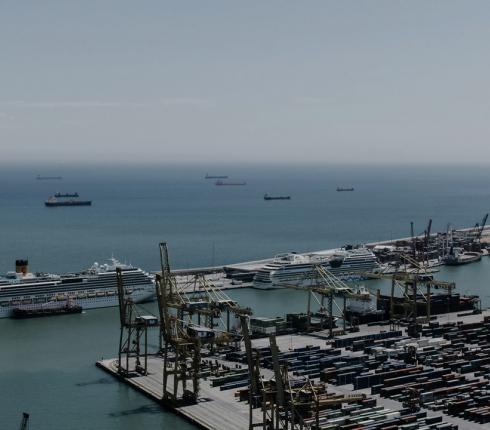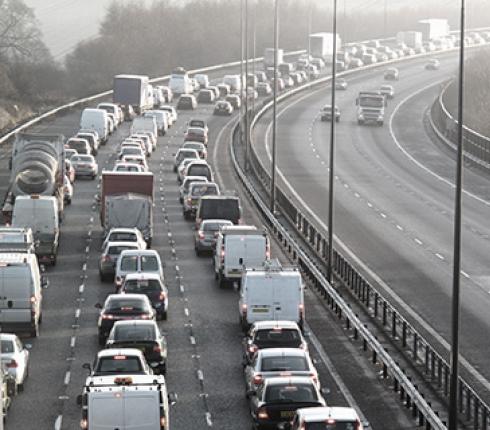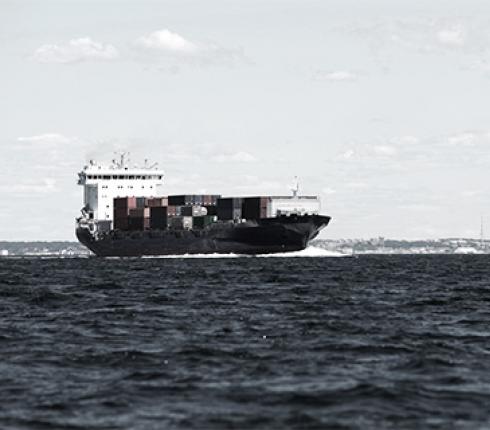Roadside Inspection: What you and your driver should be aware of
Authorities and police have virtually no limitations when conducting roadside inspections of heavy-duty commercial vehicles, making it even more important to be familiar with the documents that need to be presented and the conditions that must be met during such inspections.

Regarding the drivers
Under the Road Traffic Act, the police can require drivers to submit to breath, saliva, or sweat tests at any time, or to have their eyes checked. Additionally, the police can at any time demand proper documentation proving that the drivers meet the requirements to operate the vehicle.
The regulations on driving and rest periods also grant the police the right to request or confiscate manual logs and printouts from the digital tachograph card (driver card). Since both the driver and the haulier risk being charged with violations of the driving and rest period regulations, the police must inform the driver that he or she is not obliged to make a statement. Moreover, the police report must indicate that the driver was informed of this right in a language the driver understands.
However, the driver is always required to provide his or her name, address, and date of birth.
Foreign drivers conducting certain types of transport in Denmark must be able to present, upon request, a posting declaration, documentation of their journeys within the country, and data from their tachograph. This applies when performing cabotage, combined transport (first or last leg of the journey), or non-bilateral transport.
Regarding the Vehicle and the Transport Operator
Under the Road Traffic Act, the police can stop a vehicle at any time to check it for technical faults and deficiencies. According to EU Directive 2014/47/EU on the technical roadside inspection of the roadworthiness of commercial vehicles, a report from the last regular inspection must be presented upon request from the police or authorities. In Denmark, electronic proof is accepted, but in other member states, a physical inspection report for both the truck and the trailer is required.
For all transport within the EU, a transport document including the following information must be prepared:
- Name and address of the sender
- Type and weight of the goods
- Place and date of receipt of the goods to betransported
- The agreed date and place of delivery of the goods
- Name and address of the recipient
In addition to the documents mentioned above, the following documents must be presented by foreign vehicles conducting cabotage upon request by the police or other authorities:
- Bill of lading with the name, address, and signature of the transport operator
- A common name for the goods
- Description of the packaging method
For dangerous goods:
- A recognized description of the goods
- Number of packages
- Specific labelling
- Gross weight of the goods
- Registration plates on both the motor vehicle and the trailer
Additionally, it is of course important that the vehicle is always accompanied by proper documentation when performing special transports, waste transports, dangerous goods, animal transports, food transports, etc.
As mentioned above, the regulations on driving and rest periods grant the police and authorities the right to request or confiscate manual logs and printouts from the digital tachograph.
Search
In connection with roadside checks, it is worth noting that the police cannot conduct an actual search of the vehicle without reasonable cause.
Before the police can search a vehicle, a search warrant from the court is generally required. This implies that there are reasonable grounds for suspecting a specific criminal offense by the company in question and that the search is likely to be significant to an investigation of the crime.
In special cases, the police can search without first obtaining a search warrant. However, this still requires that there is a reasonable suspicion and that the purpose of the investigation would be lost if a court order were to be awaited. Upon the request of the transport operator or driver, the police must submit the case to the court within 24 hours to confirm that the search was justified.
The driver or transport operator can consent to a search, but even in such case, the police must have reasonable suspicion and obtain written consent.
Comment from NJORD
Due to the high level of attention from the police and authorities towards road transport companies, we recommend that the transport operator anticipates fines by ensuring that the required documents are well organized. It is also important to provide drivers with guidance on how to act, especially if they are asked to make a statement or to consent to a search of the driver’s cab. Since our experience shows that many drivers are rarely aware of their rights in this context due to language difficulties, they must be well informed about this.


